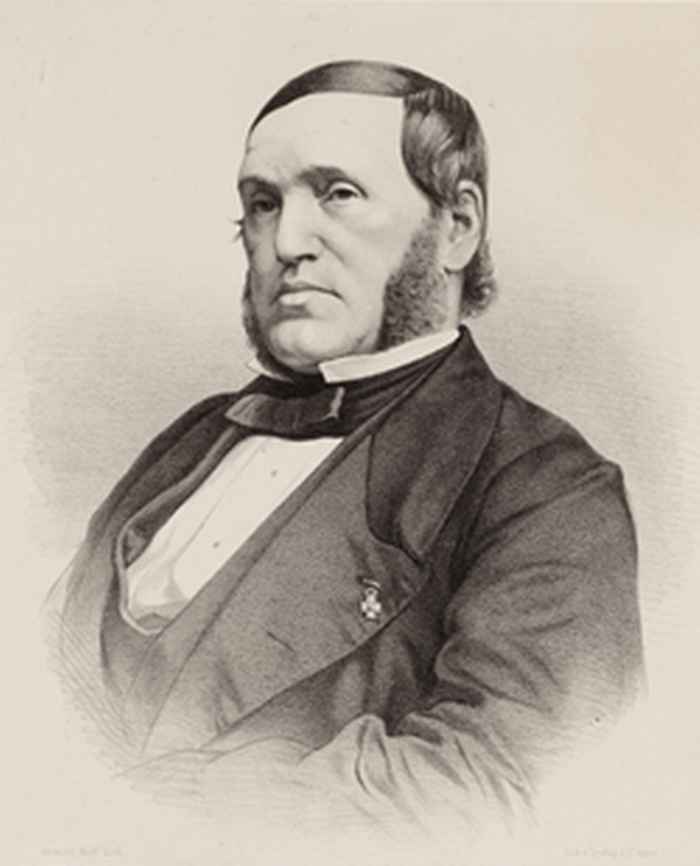Overweight - everyday social life

Sociologist Christian Bröer and his AISSR research team are conducting a large-scale longitudinal ethnographic panel study on eating, drinking, physical activity and sleeping, intended to shed light on health practices in everyday life. The ethnographic panel study is part of a cohort research programme initiated by Sarphati Amsterdam.
Sarphati Amsterdam and the role of social scientists
Sarphati Amsterdam is a unique scientific research institute based in Amsterdam. It focuses on innovative interdisciplinary research beneficial to the effective and sustainable prevention of non-communicable diseases, such as overweight, obesity, diabetes and cardiovascular disease. The central aim is to promote a healthy lifestyle and optimal living conditions and prevent overweight and obesity in Amsterdam children. This will lay the foundation for the prevention and control of non-communicable disease on the long term.
At the core of Sarphati Amsterdam is a large dynamic cohort study, the Sarphati Cohort, in which data collection is linked to the infrastructure of Youth Health Care (YHC) in Amsterdam. All children aged 0-18 in Amsterdam can be included in the Sarphati Cohort. Furthermore the institute will make use of two large existing cohort studies (ABCD en HELIUS) in Amsterdam.
As social scientists, Christian Bröer and his team make a specific contribution to the Sarphati Cohort research programme, increasing knowledge related to health care, medicine and epidemiology, by focusing attention on daily social practices in the Sarphati Ethnography.

Focusing on family life
The Sarphati Ethnography’s key instruments are the observation of daily life and interviews. For at least four years the team will visit and talk with 50 families who are part of the study, and describe their practices related to eating, drinking, physical activity and sleeping. Knowledge is gathered on mundane family life and how this changes when a baby is born and raised.
The research addresses the intimate and embodied relationships between family members, as well as how family members develop the capacity to deal with health and illness. The observation and interviews should allow the team to come to understand the actions of Amsterdam families within the social contexts in which they live: how social inequalities, gender norms and health interventions play out in daily practices. This provides the link between the general social context and individual health outcomes.

What is the problem?
Bröer and his team define the problem of overweight differently than policymakers and media have done until today, and provide new insights. Body weight is not seen strictly as a problem, and not treated in isolation from other concerns caregivers and children might have. Through the focus on social context and daily life, the concerns of families play a role in explaining health related practices. To what degree is overweight actually treated as a problem and how do current preventive measures work out in daily lives?

Outreach
Work on the Sarphati Ethnography starts this year. In the years to come, Bröer and his team will reach out to citizens, policymakers and professionals , in Amsterdam as well as in other cities. At present, participants and municipal health service professionals have already been invited to help define research topics. Over the course of the coming year, the team will develop various forms of interaction through Facebook, newsletters and other means of communication.
The team will learn more about the actual impact of policy interventions in daily life and the practices of the families involved. Their research will shed light on why intervention programmes sometimes fail and demonstrate how caregivers may be able to solve health problems pragmatically.

About Sarphati
Sarphati Amsterdam is named after Samuel Sarphati (1813-1866), a Dutch physician and Amsterdam city planner, who played an important role in the development of public health, education, urban development and industryin Amsterdam in the 19th century.
During his work as a doctor, Sarphati encountered the bad hygiene among the poor in Amsterdam. His compassion for his patients led him to initiate all sorts of projects to improve the quality of life in the city and the health of its inhabitants. They included a bread factory producing wholesome, affordable bread, and a refuse collection service.
